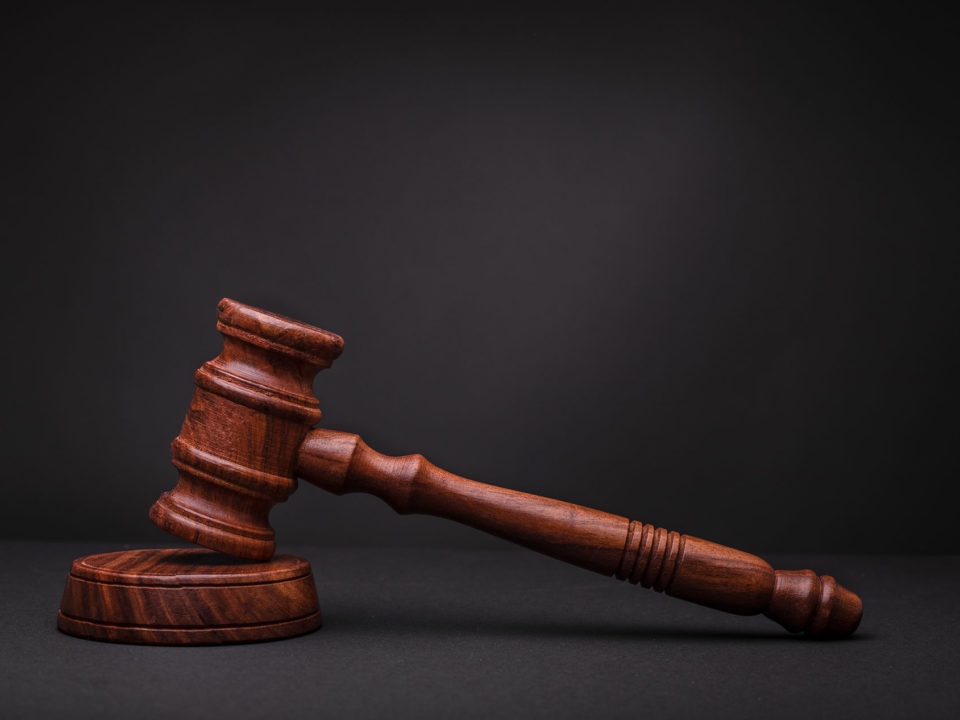- Every Journey Needs A Guide
- (971) 865-5158
Do you want the FDA to approve CBD? Attend this upcoming Public Hearing.

Hemp Farmers – Make your voice heard at the USDA Industrial Hemp Webinar
March 7, 2019
Dispensary Customer Demographics
April 25, 2019Do you want better FDA regulations for CBD? Attend this hearing.
If you’re in the CBD industry, you understand how volatile it can be. We’ve previously written about the last FDA-hosted webinar on CBD regulations, and about how three different regulatory bodies have a semi-stake in the CBD regulatory process. Inefficiencies of the United States government aside, a lack of regulation means companies don’t know where the regulatory lines are, and stand a greater chance of violating unspoken CBD regulations without realizing it.
Of course, that’s why we advocate transparency for our client’s CBD marketing efforts.
Has the FDA approved CBD oil?
Like most legal issues related to CBD, the answer is yes and no. A recently released statement on CBD from the FDA makes it very clear who they’ll be targeting. CBD companies making unfounded claims that are targeted at vulnerable populations will be the FDA’s first regulatory priority. Whether or not you agree with this, it provides 3 very clear examples of what not to do when advertising your products.
Read the Food and Drug Administration’s FAQ if you need clarification on CBD product sales in the United States. Though this FAQ isn’t an end-all, it provides a general framework for the FDA’s current viewpoints on CBD and cannabis-related products. If you have a CBD business or plan on starting one, read it.
The best advice we can provide on the subject of safe CBD advertising comes from Cultivlaw.com who say, “any claim that a product could diagnose, cure, mitigate, treat, or otherwise prevent disease is absolutely prohibited without FDA approval. In fact, if a product is not approved – but may even appear to have some medical benefits that have not been approved by the FDA – companies are advised to include a disclaimer stating this.”
Why should you attend the FDA’s public hearing on CBD and the Farm Bill?
There’s a new CBD-based product on the market that was just approved by the FDA called Epidiolex. How much is the estimated yearly cost of this drug that is, in essence, just highly-refined CBD oil? $32,500 dollars per patient. How many seizure patients without insurance are going to be able to afford this medication? 0.
The company behind this product, Greenwich Biosciences, Inc. has already dumped $170,000 into their lobbying efforts. They’ve released statements claiming they are not “opposing medical marijuana or CBD access.” Based off of the actions of nearly every other pharmaceutical company in existence, you can decide for yourself whether they’re lobbying for altruism’s sake, or because they’d prefer a regulated industry without any competition and a place as the only company insurers can turn to for CBD-based medication.
Just remember. They’re charging $32,500 a year for their medication. Now…how much does a bottle of your product cost to make again?
What will the public hearing cover?
In the FDA’s own words, the purpose of the public hearing is to “obtain scientific data and information about the safety, manufacturing, product quality, marketing, labeling, and sale of products containing cannabis or cannabis-derived compounds.”
When and where is the FDA’s next public hearing on CBD?
Unlike the previous seminar, this hearing will be public and in person.
Where is the FDA’s CBD hearing?
FDA White Oak Campus
10903 New Hampshire Ave.
Building 31 Conference Center
the Great Room (Rm. 1503)
Silver Spring, MD 20993.
When is the FDA’s CBD hearing?
May 31, 2019, from 8 a.m. to 6 p.m.
If you wish to speak at the hearing, you will need to file a request to make oral presentations and comments, which must be filed by May 10, 2019. More information about how to make a request to comment or present can be found here under the Electronic Submissions subheading.
If you cannot attend the meeting in person, you can still electronically file comments until July, 2nd that will be viewed by the FDA-created panel.



